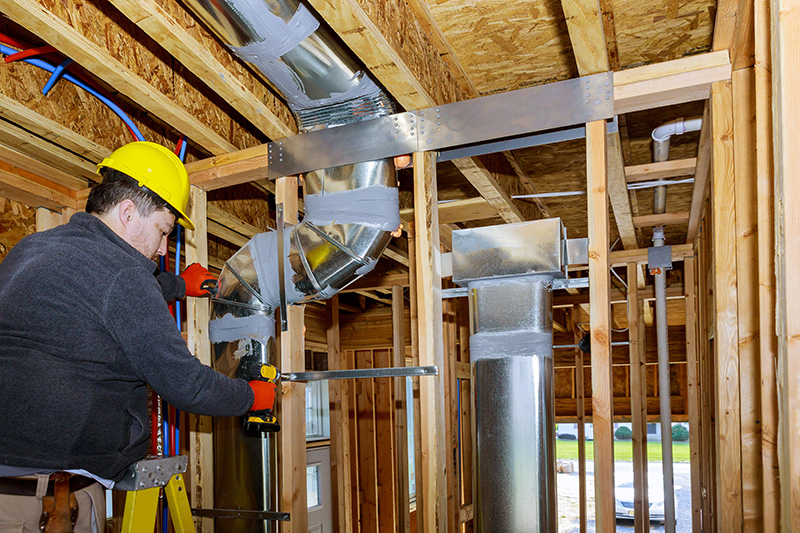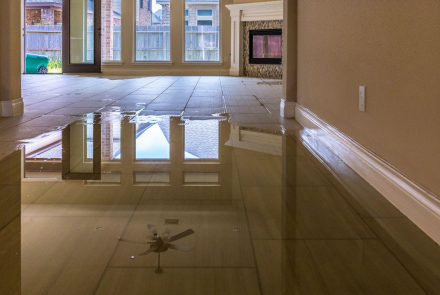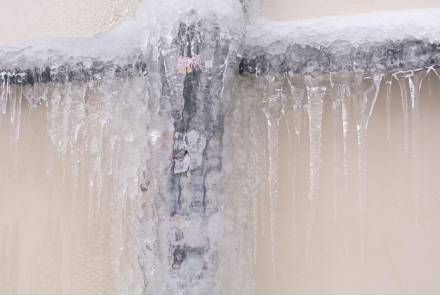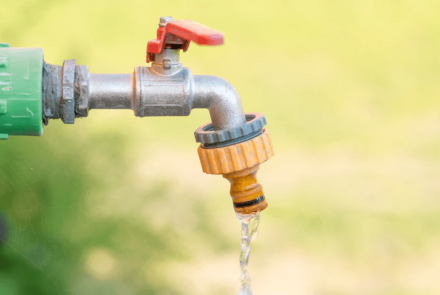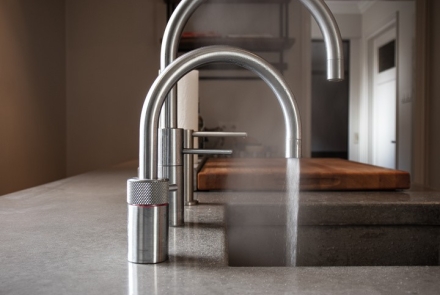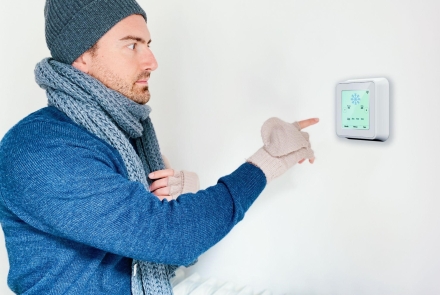Ductwork plays a crucial role in the performance and efficiency of your HVAC system. When your ductwork doesn't work as it should, it can lead to energy losses and higher utility bills. In this blog, we discuss the importance of having efficient ductwork in your home. We explore how poor ductwork can lead to high energy bills. We also provide actionable tips to ensure your ductwork remains efficient. We want to help you save on energy costs and enhance home comfort.
The Importance of Efficient Ductwork
Efficient ductwork is essential for several reasons. Sealed, insulated ductwork ensures that conditioned air reaches all areas in a home. This helps to prevent energy waste and uneven heating or cooling. Well-designed and maintained ductwork reduces air leaks. This ensures that the most amount of conditioned air reaches its intended destination. This leads to lower energy consumption and reduced utility bills. Efficient ductwork allows your HVAC system to operate at peak performance. This reduces strain on the system and extends its lifespan.
How Poor Ductwork Contributes to High Energy Bills
Inefficient ductwork can cause the following issues that contribute to high energy bills. Gaps, cracks, or disconnected joints in ductwork can lead to air leaks. This causes air to escape into unconditioned spaces like attics or crawl spaces. This can result in energy waste. Inadequate insulation in ductwork can lead to heat transfer or loss. It reduces the efficiency of the HVAC system and increases energy consumption. Blocked or obstructed ducts hinder the flow of air. This forces the HVAC system to work harder to maintain desired temperatures. Your system will consume more energy in the process.
Maintaining and Improving Ductwork Efficiency
To keep your ductwork efficient and reduce energy costs, consider the following tips.
- Seal air leaks. Inspect ductwork for leaks. Seal them using mastic sealant or metal tape. This prevents air loss and improves energy efficiency.
- Ensure proper insulation. Add insulation to ductwork in unconditioned spaces. This reduces heat transfer and maintains the desired temperatures.
- Schedule duct cleaning. Regular duct cleaning removes debris and dust buildup. This enhances airflow and prevents blockages that can lead to energy inefficiency.
- Professional inspection. Hire an HVAC technician to inspect and assess the condition of your ductwork. They can identify and address any issues that may affect efficiency.
- Upgrade to energy-efficient equipment. Consider upgrading to energy-efficient HVAC equipment and components. These include variable-speed blowers or zoning systems. These can further improve energy efficiency.
Contact Us
Efficient ductwork is a critical component of your home's HVAC system. It impacts energy consumption, comfort levels, and utility costs. It's important to recognize how poor ductwork can lead to high energy bills. Take proactive steps to maintain and improve ductwork efficiency. Regular maintenance, inspections, and upgrades can go a long way. If your HVAC system needs regular maintenance, contact us today. We can ensure that your ductwork contributes to an energy-efficient home environment.

